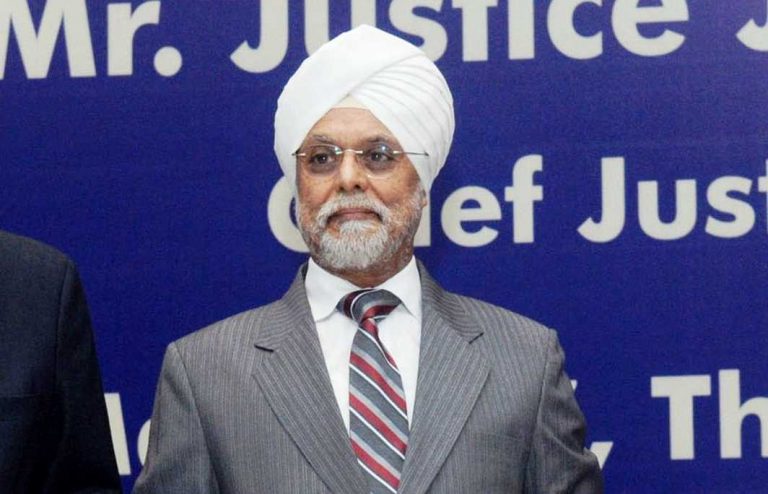
The debate over the admittance of foreign lawyers into India’s judicial system has been raging for a while, and the Advocates Act, 1961, does not permit foreign lawyers to practice law in India anyway.
Chief Justice JS Khehar, however, thinks there is need for an opening up of the field here. While inaugurating the All India Seminar of the International Law Association in Delhi on Saturday, he said: “I feel international exchange of lawyers will improve the system.”
What the chief justice wanted to say was that if one could put away fears that foreign lawyers would take away the business of Indian lawyers—the fear which probably initiated the barrier to foreign lawyers in the first place— the exchange would, in fact, be better for the Indian judicial system. Quite like the opening of the Indian economy in 1991.
Justice Khehar also said: “If anybody thinks foreign lawyers will come to India and snatch our professional positions and substitute us, it’s not correct. Indian lawyers are no less than those across the world.” But he put a rider. He said that a system of “reciprocity has to be insisted upon.
“If some country does not allow us (Indian lawyers to work in their country), then it may be difficult for us to allow them or for the Bar Council of India to agree to that. But given the opportunity to go and practice abroad, I think this opportunity should never be missed.”
The initial opposition of the Bar Council of India (BCI) regarding allowing entry of foreign lawyers may be relenting. The Chief Justice said that the BCI and the Society of Indian Law Firms have “in principle” agreed with the government’s proposal to gradually open up the legal sector to foreign players.
He said: “We will also learn from them—when foreign lawyers and firms come to India. But most of all, this international exchange of lawyers will possibly enthuse the system because once you are exposed to other systems of thinking and working, it is possible for you to advise in your own country and in conferences like this to make suggestions to the government to adopt better measures.”
This was needed, he said, because the Indian legal community has “possibly become the world’s largest and most influential in the matter of governance.”
—India Legal Bureau

